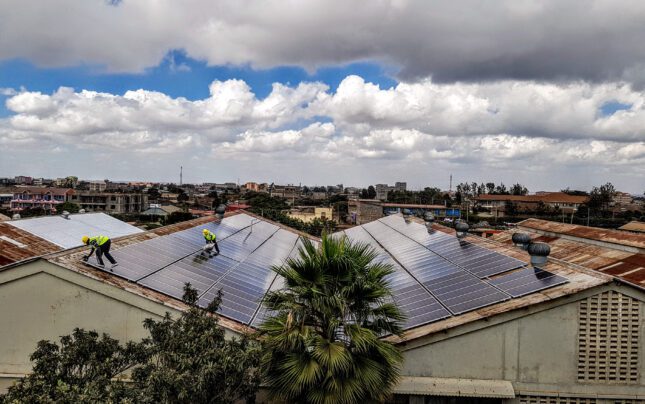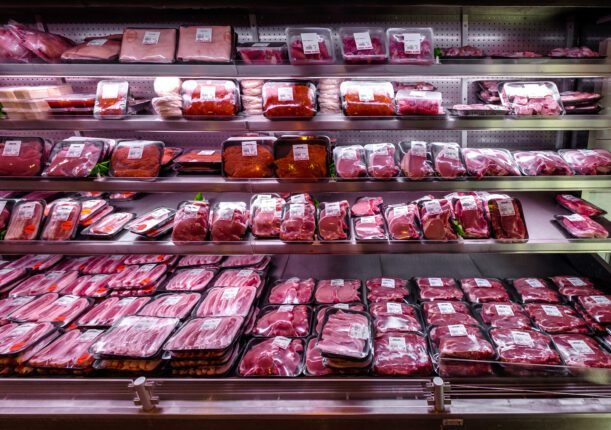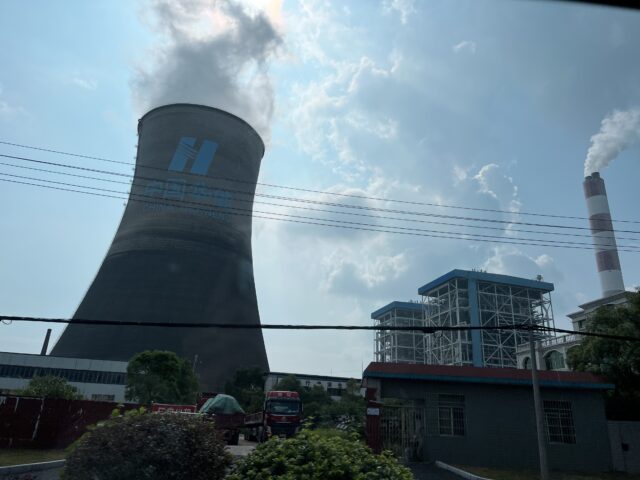-
ECSP Weekly Watch | February 24 – 28
›
A window into what we’re reading at the Wilson Center’s Environmental Change and Security Program
EU Parliament Suspends Rwandan Critical Mineral Pact Over Links to DRC Conflict (Mongabay)
Rwanda and the DRC both have large reserves of critical minerals essential to the clean energy transition. Yet the EU has voted to suspend a cooperation agreement on mineral extraction in the region after the Rwandan-backed rebel group M23 seized key areas in the DRC’s eastern provinces.
-
When Going in Circles is a Virtue: “The Circular Economy”
›
As an economic model that emphasizes the continual use of resources by rethinking waste and product design and promoting a shared economy mindset, the “circular economy” (CE) now resonates across a wide range of stakeholders—including key players in the private sector, major environmental groups, individual countries, multilaterals, and donors. Yet progress in adopting CE among developing nations has been slow and uneven.
-
US-Africa Energy Development: An Opportunity for the Trump Administration?
›China Environment Forum // Guest Contributor // December 12, 2024 // By Kalim Shah & Etchu Tabenyang
While traditional fuels likely will remain part of Africa’s energy portfolio for some time to come, the fossil fuel industry does face strong headwinds from a continuing global march towards alternative sources of clean energy. Indeed, the energy poverty experienced by nearly a billion Africans seems incomprehensible given the combination of massive untapped oil and gas resources, as well as available hydropower, solar and wind potential across the continent.
-
Time to Reconsider Rationing?
›
As public policymakers and NGO advocates around the world meet in Baku for COP29, the urgency of the climate crisis grows ever more pressing. Yet hopes that the targets and commitments will lead to meaningful policy action have contended with persistent national and global inaction on climate change mitigation and adaptation.
-
ECSP Weekly Watch | October 15 – 18
›
A window into what we’re reading at the Wilson Center’s Environmental Change and Security Program
Global Water Stress May Create a Food Crisis (Guardian)
In its recent report, The Economics of Water, the Global Commission on the Economics of Water examined world hydrological systems and their impact on water availability—and warn of imminent shortcomings in food production. The study asserts that the demand for freshwater will outweigh the supply by 40% in 2030, highlighting a significant shift in previous freshwater requirement estimates.
-
ECSP Weekly Watch | September 23 – 27
›
A window into what we’re reading at the Wilson Center’s Environmental Change and Security Program
Member States Adopt Pact of the Future (United Nations)
The United Nations hosted the Summit of the Future earlier this week, which led to a new agreement between member states which acknowledged the shortcomings of the UN’s current role and abilities. The Pact of the Future encourages member states to reaffirm, reestablish, and renew global cooperation—and create new solutions to address today’s escalating polycrises.
-
ECSP Weekly Watch | July 29 – August 2
›
A window into what we are reading at the Wilson Center’s Environmental Change and Security Program
How One Loss and Damage Fund Bore Fruit (The Guardian)
The Loss and Damage Fund established during the UN COP27 was a monumental breakthrough in the climate finance realm and aimed to provide financial assistance to vulnerable nations impacted by climate change. Such damage can be catastrophic. When Cyclone Freddy hit Malawi in 2023, it killed 1,200 people and displaced 659,000 more. The estimated economic loss exceeded $1 billion, and it landed especially hard on farmers—including the women who make up more than 70% of Malawi’s agricultural workforce.
-
Search for a Just Transition in China’s Shift Away from Coal
›In 2023, I embarked on a journey with a group of energy policy researchers from Beijing to visit several Chinese coal cities. We wanted to understand the implementation of China’s decarbonization policies in the heartland of coal mining. As we drove into a coal-rich town in western Shanxi Province, the narrow roads were filled with loud rumbling coal trucks. Amid soot-streaked buildings, newer homes housed families who were relocated from areas affected by coal mining subsidence. The town’s existence hinged on coal. Yet, this dependency has an expiration date — the local mines will be depleted in 10 to 15 years.
Showing posts from category economics.










